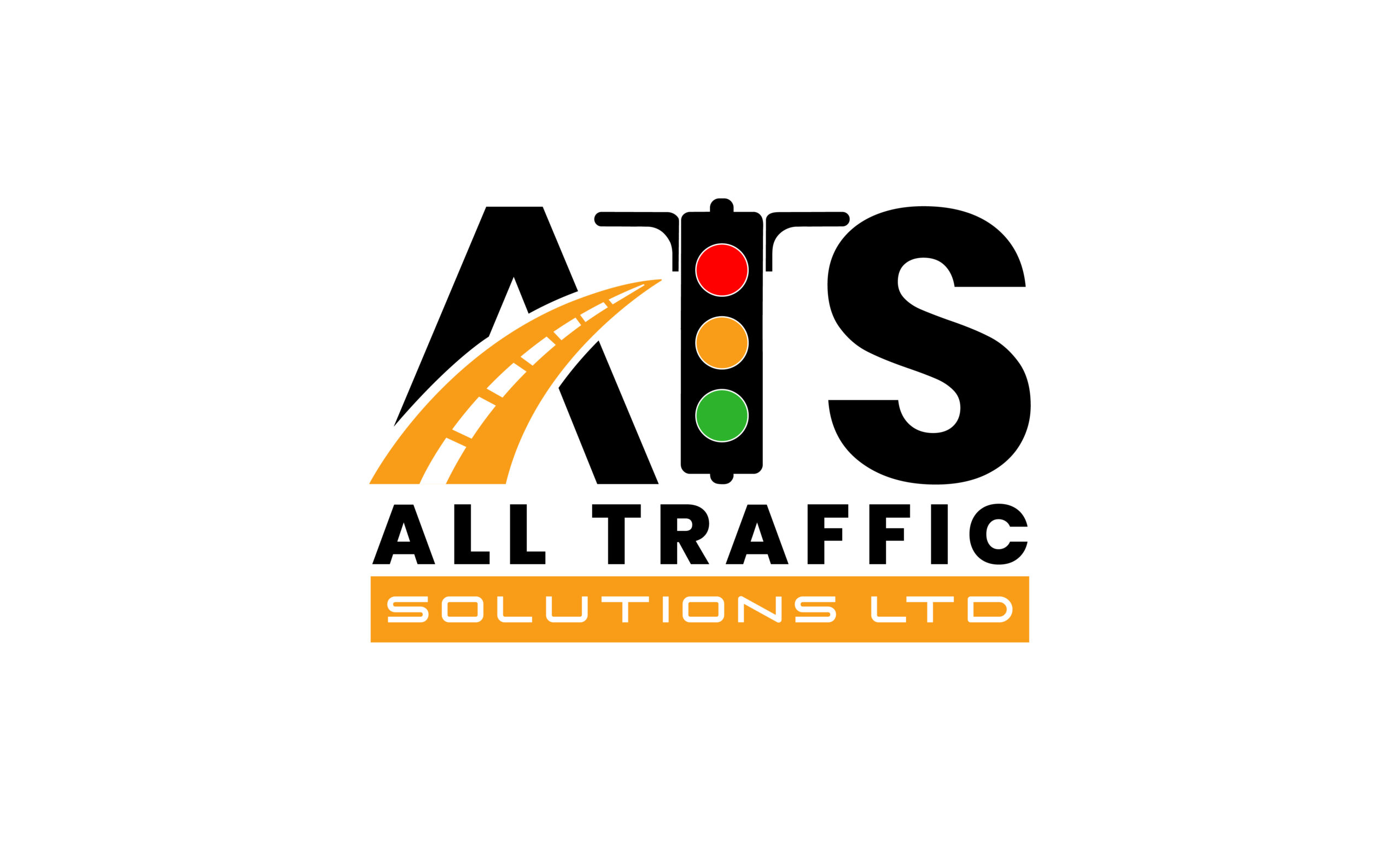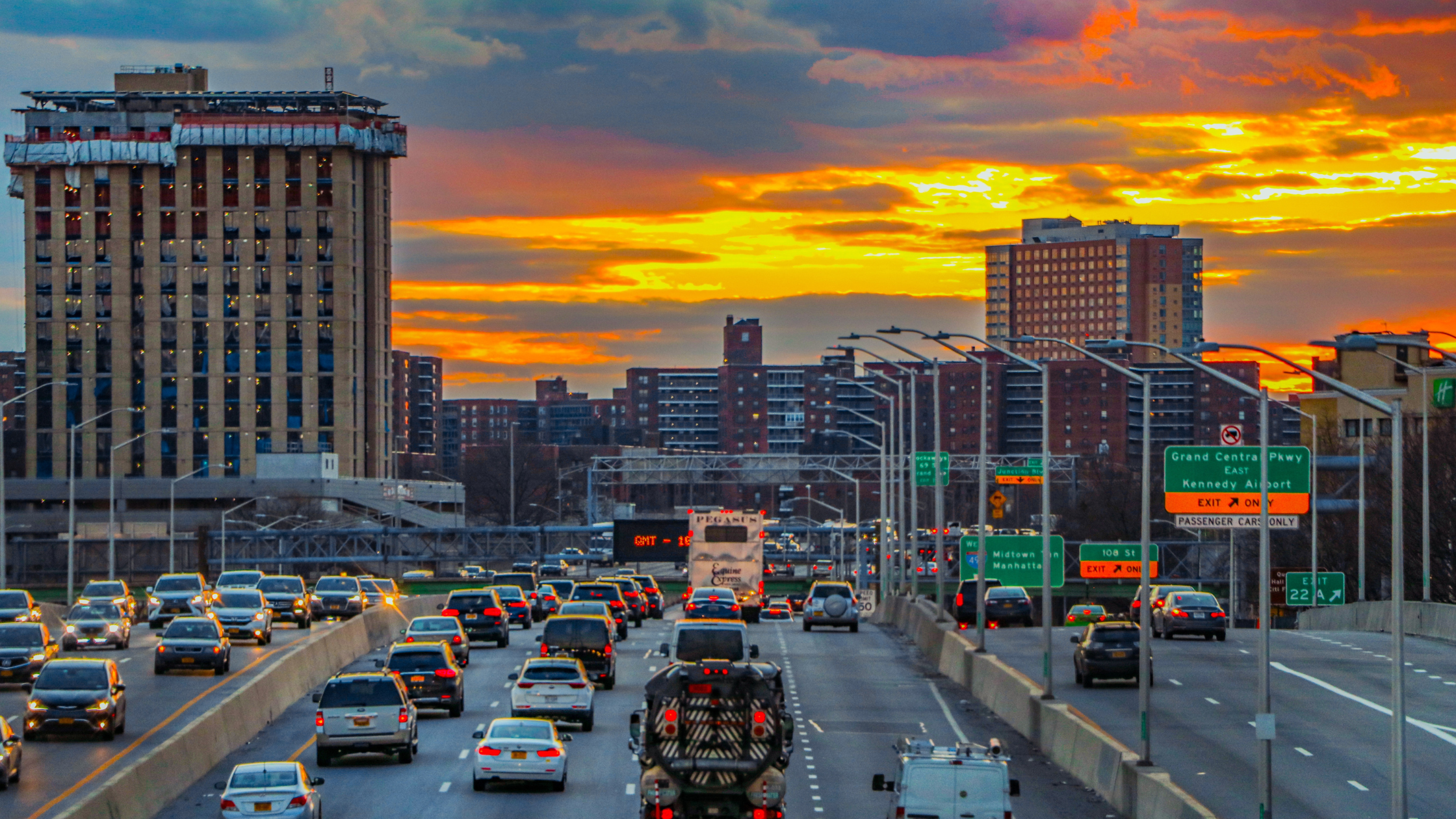Traffic control is a crucial aspect of urban planning and transportation management. It ensures the smooth movement of vehicles and pedestrians, reduces accidents, and minimizes congestion. With increasing urbanization and vehicle numbers, efficient traffic control systems are more important than ever.
Importance of Traffic Control Matters
1. Safety – Proper traffic management reduces accidents by regulating vehicle speeds, managing intersections, and ensuring pedestrian safety.
2. Efficiency – Smart traffic signals and adaptive control systems optimize flow, reducing delays and fuel consumption.
3. Environmental Impact – Reduced congestion means lower emissions, contributing to cleaner air.
4. Economic Benefits – Efficient traffic flow saves time and money for businesses and commuters.
Key Components of Traffic Control
1. Traffic Signals & Signs
– Traffic Lights – Regulate vehicle and pedestrian movement at intersections.
– Road Signs – Provide essential information (speed limits, warnings, directions).
– Pedestrian Crossings – Ensure safe passage for walkers.
2. Intelligent Transportation Systems (ITS)
– Adaptive Traffic Signals – Adjust timings based on real-time traffic conditions.
– Surveillance Cameras – Monitor congestion and detect violations.
– Automated Enforcement – Speed cameras and red-light cameras deter reckless driving.
3. Road Markings & Lane Management
– Clear lane markings, zebra crossings, and dedicated bus lanes help organize traffic flow.
4. Public Awareness & Education
– Campaigns on safe driving, pedestrian rights, and traffic laws improve compliance.
Challenges in Traffic Control
– Rapid Urbanization – More vehicles lead to increased congestion.
– Poor Infrastructure – Inadequate roads and outdated systems worsen traffic.
– Human Error – Reckless driving and lack of discipline disrupt flow.
– Weather Conditions – Rain, fog, and snow can impact visibility and road safety.
Future of Traffic Control
– AI & Machine Learning – Predictive analytics for smarter traffic management.
– Autonomous Vehicles – Self-driving cars could optimize routes and reduce accidents.
– Smart Cities – IoT-enabled traffic systems for real-time adjustments.
Effective traffic control is essential for safety, efficiency, and sustainability. By leveraging technology, improving infrastructure, and promoting responsible driving, cities can create smoother, safer roads for everyone.






Leave a Reply